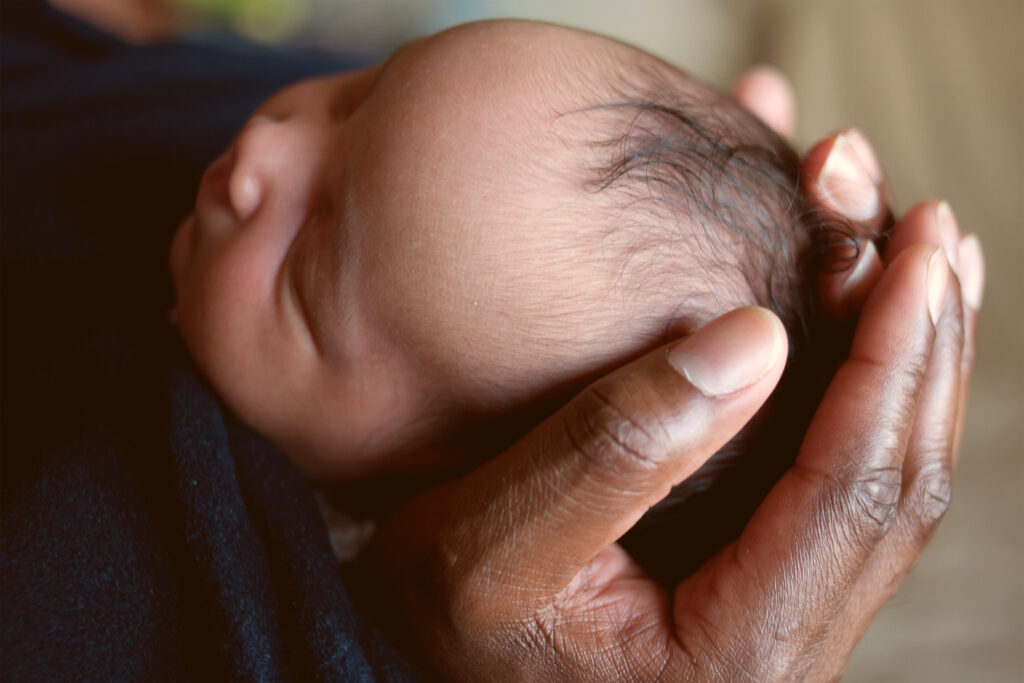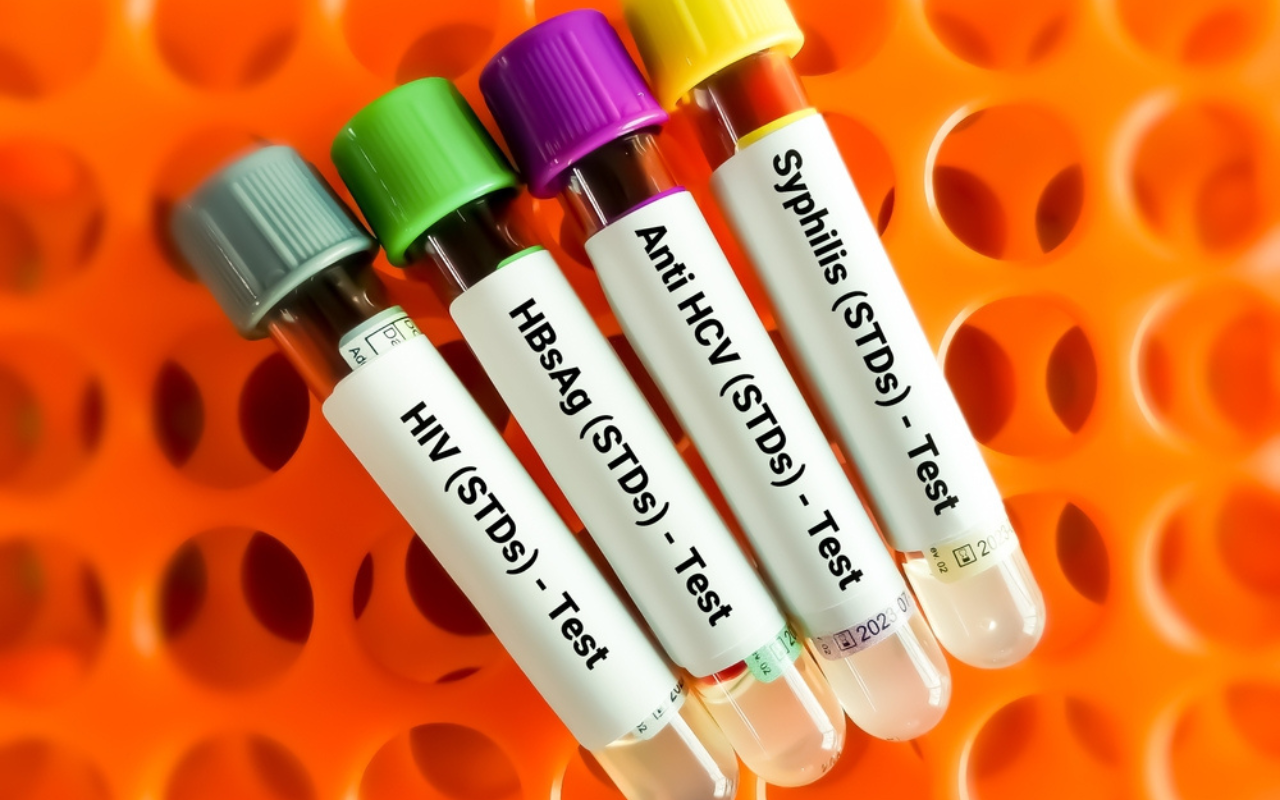Sexually transmitted infections (STIs) are rising dramatically in Australia and experts worry it will lead to significant public health challenges in the future.
A recent article published in the Medical Journal of Australia has shown that the rate of infectious syphilis notifications rose more than 500% in women of reproductive age over a 10-year period.
The research examined notification rates for women aged 15–44 years from 2011 to 2021. For Aboriginal and Torres Strait Islander women, it rose from 56 cases per 100 000 in 2011 to 227 cases per 100 000 people. In non-Indigenous women, it rose from 1.1 to 9.2 cases per 100 000 people.
There was also a corresponding increase in congenital syphilis with the annual number increasing from 6 babies in 2011 to a peak of 17 babies in 2020. There were 74 cases of congenital syphilis across this period.
According to lead researcher Dr Belinda Hengel, there’s a misconception that syphilis is concentrated to just a few small communities.
“I think for a long period in Australia, there were two quite separate syphilis outbreaks. There was one in gay and bisexual men in urban areas, and then there was one in young heterosexual Aboriginal and Torres Strait Islander people living in remote areas,” she explained.
As the research showed, infectious syphilis used to be rare but began increasing in 2011.
“We started to see an increase in the number of women across all those different geographical areas being diagnosed with infectious syphilis, and then, tragically, the impact of congenital syphilis across all the regions.
“Although remote areas are disproportionately affected and need continued focus, half of those congenital syphilis cases that were diagnosed in that time period were in major cities,” Dr Hengel continued.
The lack of antenatal care
Congenital syphilis can have devastating consequences. It’s the second leading cause of preventable stillbirth, and untreated infections can also lead to major malformations and neonatal death.
Preventing congenital syphilis relies on access to antenatal care and adequate screening during pregnancy. However, over the 10 year period, the mothers of 32 infants with congenital syphilis (44%) had not received any antenatal care.
“We know that for pregnant people with infectious syphilis, social determinants of health lead to poorer access to health care,” Dr Hengel said.

One way to improve access to testing is to make sure it’s offered across all health points that a person might access.
“We need to look at what access points these people are having and where they can be offered testing. We need to learn from experiences such as programs in Aboriginal and Torres Strait Islander communities and community control health organisations, particularly for antenatal care.
“There are Birthing on Country programs, which have been hugely successful with increasing the number of antenatal care visits within the pregnancy. So we need to learn from those programs and see how they can be applied across the community,” she explained.
Increasing testing more broadly
Syphilis isn’t the only STI that has seen a dramatic increase in cases. According to the Kirby Institute, Australian diagnoses of gonorrhoea have doubled in the past 10 years while chlamydia has increased 12% since 2013.
Spokesperson for the Royal College of Pathologists of Australasia Associate Professor Caitlin Keighley told InSight+ that despite these rising numbers, testing rates haven’t increased.
“This is due to several factors, including a lack of awareness about the severity and prevalence of STIs, reduced concern due to the manageability of some infections, and the stigma surrounding sexual health discussions,” she said.
Associate Professor Keighley said GPs do a good job of communicating the importance of regular STI testing.
“However, there’s a need to raise awareness among non-traditional groups, such as older adults in new relationships. Increasing education and outreach in these populations can help ensure they understand the risks and the importance of regular testing,” she said.
According to Dr Hengel, there are many experts who can help.
“For example, there’s the syphilis learning hub on the ASHM website, and local experts at sexual health centres nationally if you’re unsure of syphilis testing and management. Syphilis test results can be tricky to interpret, so there are always experts on call,” she said.
She said STI screening and timely management should be offered to any sexually active young person accessing GP services.
“Normalise it as part of a general health check rather than any personal risk judgement, initiate the discussion based on age, for example, as we are seeing an increase in STIs in younger people. I think the more comfortable the GP feels in asking that question, the more comfortable the patient will feel as well,” she concluded.
Subscribe to the free InSight+ weekly newsletter here. It is available to all readers, not just registered medical practitioners.

 more_vert
more_vert